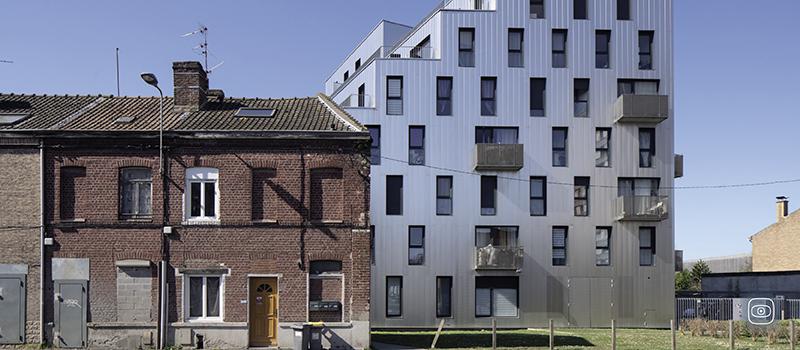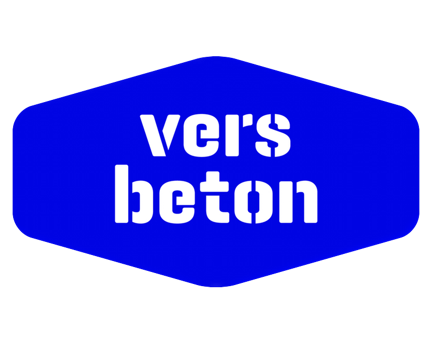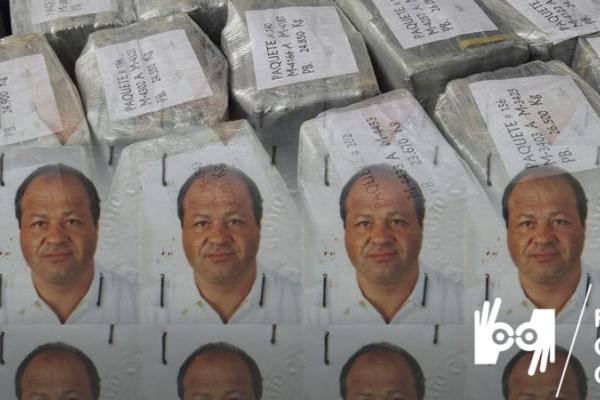What role does undermining drug crime play in urban renewal projects in Rotterdam-South and Lille-South ? That is what Vers Beton (Netherlands) and Mediacités (France) investigated.
Both cities have long-term (20-30 year) megaprojects to improve life in their neighbourhoods. But places south of these two urban areas are also struggling with persistent drug crime. How are they preventing this problem from derailing progress in the neighbourhoods? And what lessons can each city learn from the other?
As part of our solutions-based journalism approach, we set out to explore the options available to local authorities and the state to transform the areas in the south and prevent young people from being attracted to crime. In addition to the three traditional pillars of urban regeneration plans (construction, education and employment), Rotterdam's so-called 'NPRZ' plan stands out for its very strong actions in the fight against organised crime. Lille, on the other hand, seems powerless and lacking in vision when it comes to curbing drug trafficking. In both cities, ambitions are high, but progress is very slow.
This report looks back on two decades of effort, small victories and big challenges.
Photo: Frank Hanswijk









